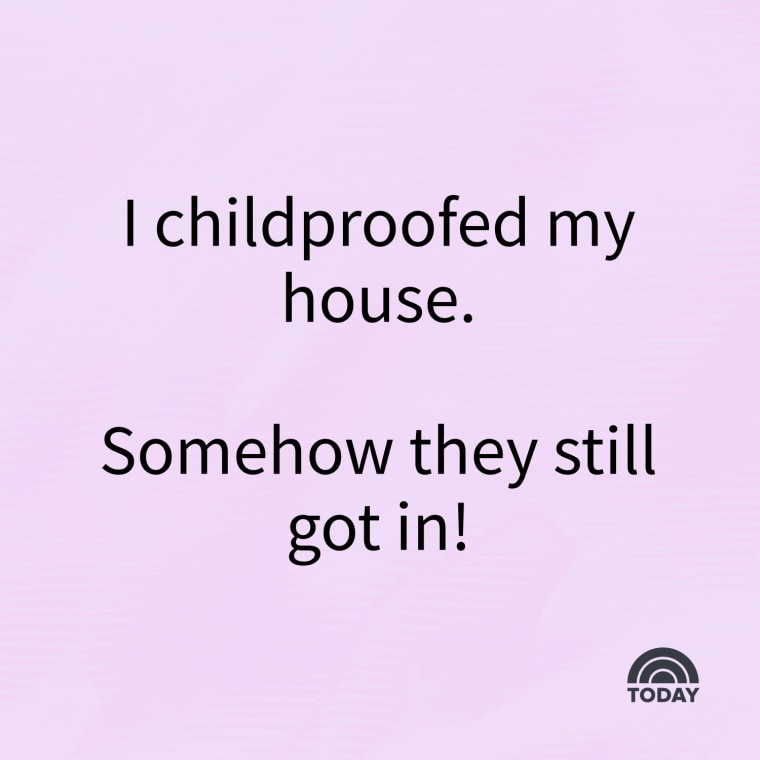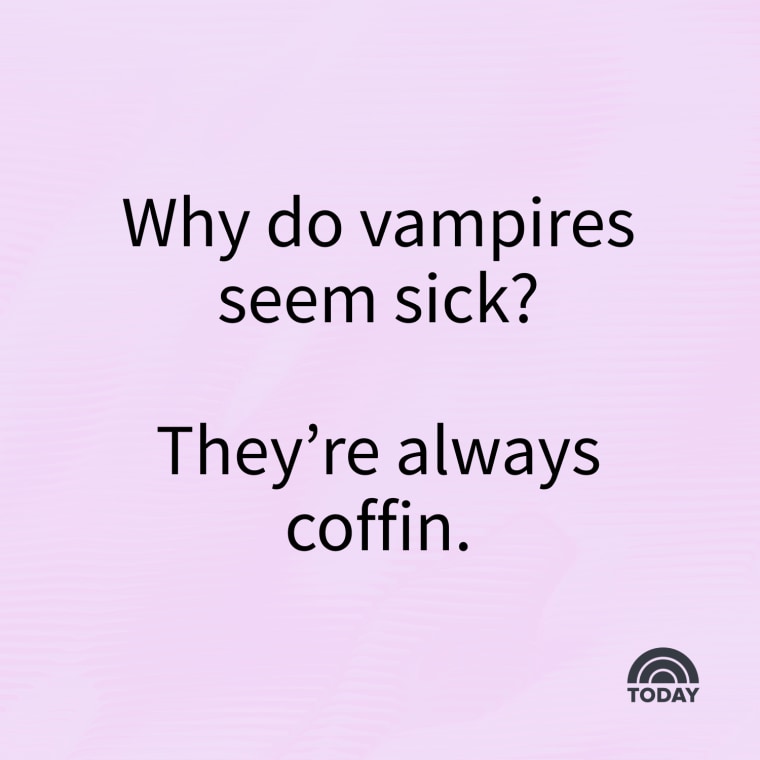Dark humor racist joke has been a topic of debate for years. It's like walking on eggshells, where one wrong step could lead to a world of controversy. Some people find it hilarious, while others see it as deeply offensive. But why does this kind of humor evoke such strong reactions? Is there a place for dark humor in our modern world, or should we just steer clear of it altogether?
Picture this: you're at a party, and someone cracks a dark humor racist joke. The room goes silent for a moment, and then there's a mix of laughter and awkward stares. It's a classic scene that highlights the polarizing nature of this type of humor. Dark humor, especially when it involves race, can be a powerful tool for social commentary or a dangerous weapon that reinforces stereotypes. The question is, where do we draw the line?
Before we dive deeper, let's acknowledge that humor is subjective. What one person finds funny, another might find deeply offensive. Dark humor, in particular, thrives on pushing boundaries and challenging societal norms. But when it comes to race, the stakes are higher. Racist jokes, even in the form of dark humor, can perpetuate harmful stereotypes and create a hostile environment for marginalized communities. So, let's explore this complex topic further.
Read also:Unleashing The Power Of Vegamovies Movies Download Your Ultimate Guide
Understanding Dark Humor
Dark humor, often referred to as black comedy, is a genre that uses taboo subjects like death, war, and discrimination as its punchline. It's not for everyone, but for those who appreciate it, it can be a powerful way to confront uncomfortable truths. The idea is that by laughing at the darkest aspects of life, we can somehow make them more bearable. But when does dark humor cross the line into offensive territory?
In the context of dark humor racist joke, the challenge lies in balancing the intent behind the joke with its potential impact. Some comedians argue that dark humor can be a form of rebellion against oppressive systems, while others believe it simply reinforces harmful narratives. The key is understanding the context and the audience.
Why Do People Laugh at Dark Humor?
Laughing at dark humor isn't always about endorsing the content of the joke. Sometimes, it's a coping mechanism. For instance, during the pandemic, many people turned to dark humor as a way to deal with the uncertainty and fear surrounding the situation. Similarly, dark humor racist joke might be used as a way to confront racial tensions and societal issues. However, the risk is that it can also normalize harmful attitudes and behaviors.
Here are a few reasons why people laugh at dark humor:
- It challenges societal norms and expectations
- It provides a sense of control over uncontrollable situations
- It can be a form of rebellion against oppressive systems
- It allows people to confront uncomfortable truths in a safe space
What Makes a Racist Joke Offensive?
Not all jokes about race are inherently offensive. It's the context, delivery, and intent that determine whether a joke is harmful or not. A racist joke, even in the form of dark humor, can perpetuate stereotypes and reinforce systemic inequalities. For example, a joke that mocks a specific racial group's struggles or history of oppression is likely to be seen as offensive.
On the other hand, a joke that critiques systemic racism and challenges societal norms might be more acceptable, depending on the audience. The key is to consider the power dynamics at play. Who is telling the joke, and who is being targeted? These questions can help determine whether a joke is funny or harmful.
Read also:Camila Araujo Erome Rising Star In The Digital Realm
Power Dynamics in Dark Humor
Power dynamics play a crucial role in determining the impact of dark humor racist joke. When someone from a position of privilege makes a joke at the expense of a marginalized group, it can be seen as reinforcing systemic inequalities. However, when someone from a marginalized group uses humor to critique those in power, it can be a form of resistance.
For example, a black comedian making a joke about systemic racism might be seen as a way to highlight the absurdity of the situation. But if a white comedian makes the same joke, it could be perceived as tone-deaf or even offensive. The context and the audience's perception are critical factors to consider.
Can Dark Humor Be Used for Social Commentary?
Dark humor has the potential to be a powerful tool for social commentary. By confronting uncomfortable truths and challenging societal norms, it can spark important conversations about race, discrimination, and inequality. However, it's important to approach this type of humor with care and sensitivity.
Comedians like Dave Chappelle and Trevor Noah have used dark humor to address complex issues like race and politics. Their ability to walk the fine line between humor and offense has made them some of the most influential voices in modern comedy. But even they have faced criticism for certain jokes that some audiences found offensive.
Examples of Dark Humor in Popular Culture
Dark humor racist joke has made its way into popular culture in various forms. Movies like "The Interview" and "Get Out" use dark humor to address serious issues like censorship and racial discrimination. These films challenge audiences to confront uncomfortable truths while still providing entertainment.
Here are a few examples of dark humor in popular culture:
- "The Interview" – A satirical take on censorship and political oppression
- "Get Out" – A horror film that uses dark humor to critique systemic racism
- "South Park" – A cartoon that frequently uses dark humor to address controversial topics
The Psychological Impact of Dark Humor
Research suggests that people who enjoy dark humor tend to have higher levels of intelligence and emotional stability. This might explain why some people find dark humor racist joke funny, while others find it deeply offensive. The way we process humor is influenced by our personal experiences, cultural background, and psychological makeup.
A study published in the journal "Cognitive Processing" found that people who appreciate dark humor tend to have higher levels of verbal and non-verbal intelligence. They also tend to be more open to new experiences and less likely to be offended by controversial topics. However, this doesn't mean that everyone should embrace dark humor. It's important to consider the impact of our words and actions on others.
The Risks of Dark Humor
While dark humor can be a powerful tool for social commentary, it also carries risks. When used irresponsibly, it can perpetuate harmful stereotypes and create a hostile environment for marginalized communities. For example, a joke that mocks a specific racial group's struggles or history of oppression is likely to be seen as offensive.
The key is to approach dark humor with care and sensitivity. Comedians and content creators have a responsibility to consider the impact of their words and actions on their audience. By using humor responsibly, they can spark important conversations without causing harm.
How to Navigate the World of Dark Humor
Navigating the world of dark humor racist joke can be tricky. It's important to consider the context, delivery, and intent behind the joke. Here are a few tips for approaching dark humor responsibly:
- Consider the power dynamics at play
- Be mindful of your audience's cultural background and experiences
- Avoid jokes that mock specific racial groups or their struggles
- Use humor as a tool for social commentary rather than a weapon for harm
Ultimately, the goal is to use humor as a way to bring people together, not drive them apart. By approaching dark humor with care and sensitivity, we can create a more inclusive and understanding society.
When to Draw the Line
Knowing when to draw the line is crucial when it comes to dark humor. While it's important to challenge societal norms and confront uncomfortable truths, it's equally important to avoid causing harm. If a joke makes someone feel unsafe or marginalized, it's probably not worth telling.
Here are a few signs that a joke might be crossing the line:
- It perpetuates harmful stereotypes or reinforces systemic inequalities
- It makes someone feel unsafe or marginalized
- It ignores the cultural and historical context of the issue
Conclusion: Laughing Through the Chaos
Dark humor racist joke is a complex and controversial topic. While it has the potential to be a powerful tool for social commentary, it also carries risks. The key is to approach it with care and sensitivity, considering the context, delivery, and intent behind the joke. By using humor responsibly, we can spark important conversations without causing harm.
So, the next time you're tempted to crack a dark humor racist joke, take a moment to consider the impact it might have on those around you. Is it worth the risk? Or is there a better way to address the issue? Remember, laughter can be a powerful tool for healing, but it can also be a weapon for harm. Choose wisely.
And now, it's your turn. What do you think about dark humor racist joke? Do you find it funny, or do you find it offensive? Leave a comment below and let's start a conversation. Who knows? Maybe we can find a way to laugh together without causing harm.
Table of Contents
- Understanding Dark Humor
- Why Do People Laugh at Dark Humor?
- What Makes a Racist Joke Offensive?
- Power Dynamics in Dark Humor
- Can Dark Humor Be Used for Social Commentary?
- Examples of Dark Humor in Popular Culture
- The Psychological Impact of Dark Humor
- The Risks of Dark Humor
- How to Navigate the World of Dark Humor
- When to Draw the Line


